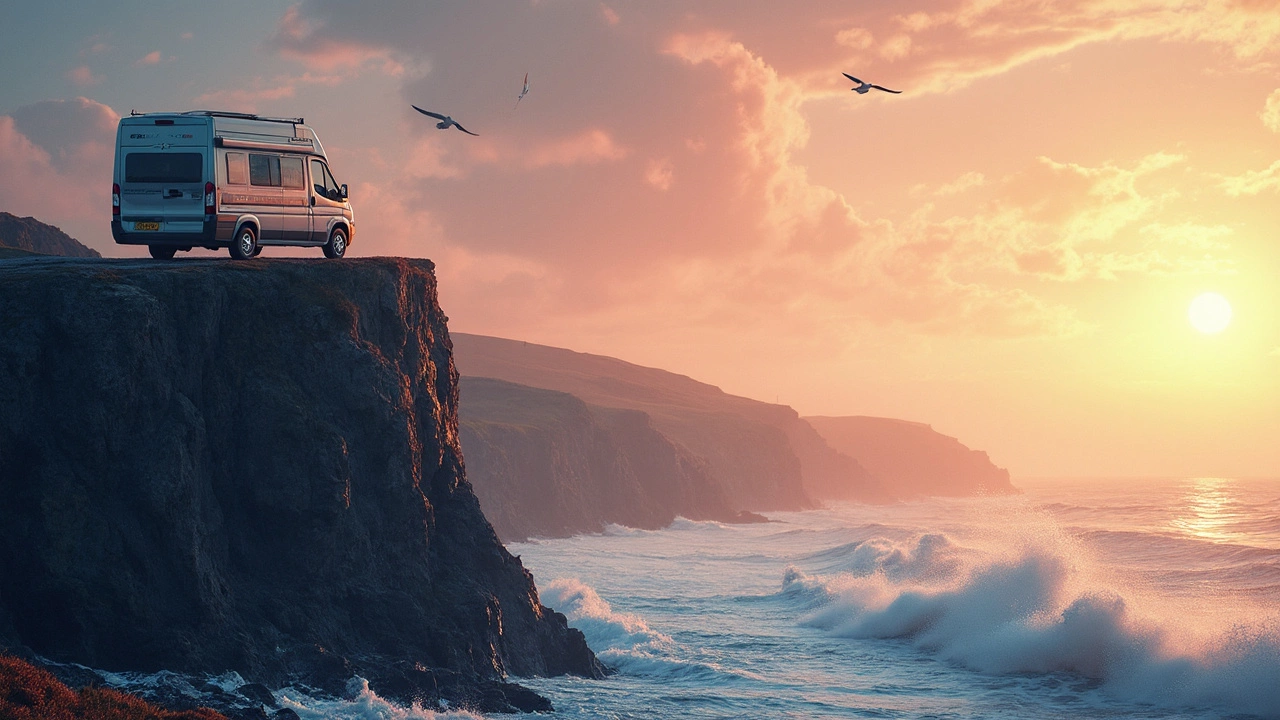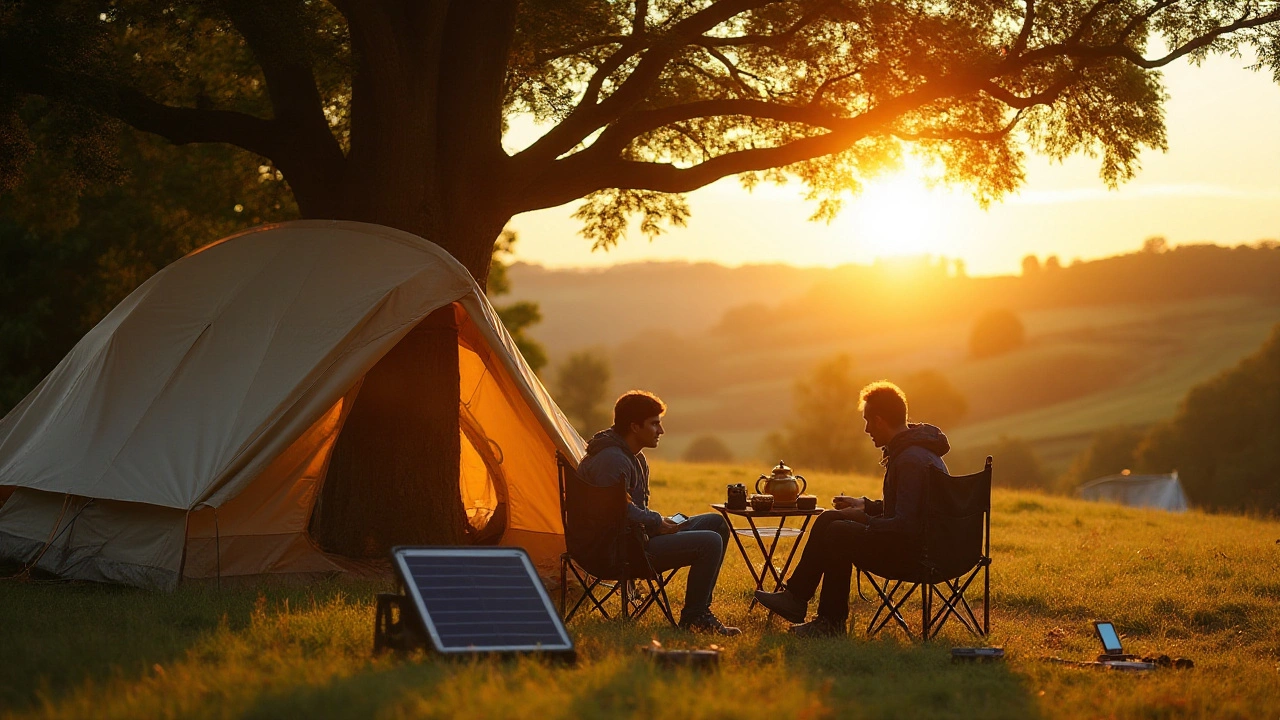Off-Grid Camping Made Simple: Tips, Gear and Safety
If you love the idea of sleeping under the stars without a campsite’s electric hook‑up, you’re in the right place. Off‑grid camping means you rely on your own power, water and supplies, giving you total freedom to park wherever it’s legal. Below you’ll find the basics that get most newbies comfortable, plus a few pro tricks to keep things smooth.
Why Go Off‑Grid?
First, it cuts costs. No nightly fees, no pricey service stations, just the fuel you already plan to use. Second, you get to explore spots most travellers miss – hidden forest clearings, remote beach bends and quiet mountain passes. Third, the lack of plug‑ins forces you to be more aware of your environment, which often leads to a better outdoor experience.
But the freedom comes with responsibility. You’ll need to manage power, water and waste yourself, and you must respect local laws. In the UK, wild camping is mostly legal in Scotland, but you’ll need to check specific rules for England and Wales. In the US, each state has its own boondocking rules, and private land owners may have different policies. Always research the area before you set up camp.
Getting Started: Gear & Safety
Power is the biggest hurdle. Most motorhome owners install a 12‑volt battery system and a solar panel. A small 100‑watt panel can recharge a battery over the day if you’re not drawing too much. Pair the battery with a good inverter to run lights, phones and a low‑watt TV. If you’re in a van, a portable power station works just as well – just remember the watt‑hour rating and keep it off the ground to avoid damage.
Water storage is next. Carry at least 20 liters per person per day for drinking, cooking and basic hygiene. Use a simple water filter to make river water safe, but always pre‑filter debris first. A small pump can help you fill a portable shower or a bucket bath without too much hassle.
Waste management is simple but essential. Use a sealable container for black water and empty it at a proper dump point. Many service stations and campground facilities accept RV waste, and some apps even show the nearest dump site.
Safety basics shouldn’t be overlooked. Bring a reliable fire extinguisher, a first‑aid kit and a mult‑tool. Knowing how to secure your vehicle – wheel chocks, leveling blocks and a sturdy anchor – prevents accidents on uneven ground. Also, a simple weather check each evening can save you from getting caught in a sudden storm.
Finally, don’t forget the small comforts that make off‑grid life enjoyable. LED strip lights, a portable fan and a good sleeping pad can turn a rough spot into a cozy base. A compact fridge or cooler keeps food fresh, and a good dry‑bag protects electronics from moisture.
By planning your power, water and waste ahead, you’ll spend more time enjoying the scenery and less time worrying about logistics. Off‑grid camping isn’t about surviving; it’s about thriving in nature on your own terms. Grab your gear, pick a legal spot, and hit the road – the open wilderness is waiting. Happy camping!"
-
 VIEW POST
VIEW POSTUnpacking Boondocking: Off-Grid Beach Camping Explained
Feb, 16 2025|0 CommentsBoondocking, also known as off-grid camping, offers adventure seekers the unique experience of camping in remote and undeveloped beach areas. This style of camping emphasizes self-sufficiency, as it involves camping without connections to utilities like water or electricity. It appeals to those craving solitude and a deeper connection with nature. Important tips include checking local regulations, ensuring proper waste management, and having a reliable power source. For beach lovers, boondocking provides an undistracted immersion in coastal beauty. -
 VIEW POST
VIEW POSTExploring Alternatives to Electric Hookups for a Seamless Camping Experience
Dec, 23 2024|0 CommentsCamping without electric hookups doesn't mean giving up on comfort. Various alternatives, such as solar power, portable generators, and propane appliances, offer off-grid campers the means to enjoy a more intimate and eco-friendly outdoor experience. By understanding the essentials of these power sources and following some practical tips, campers can thrive in nature while staying connected to modern conveniences.